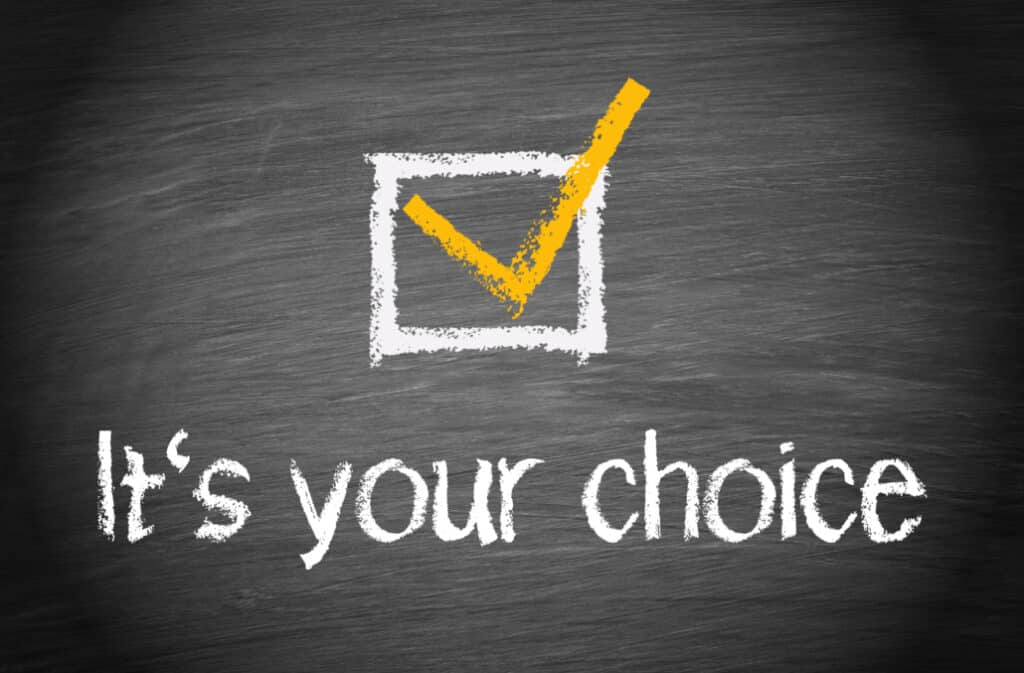The need for school choice is becoming more evident in the United States as parents seek more choice over their children’s education. While the public school system has been the primary means of education for decades, a growing number of parents are advocating for greater choice in education.
One of the main criticisms of public schools is that the “one size fits all” approach does not cater to every student’s unique ability and potential. As a result, many students fall through the cracks, while others are not pushed to achieve their full potential. This situation is particularly evident in urban areas, where many students are trapped in underperforming schools. Each child is a unique blend of talents, abilities, and potentials. To treat them as identical cogs in the educational machine is to limit their potential and strip them of their individuality. The effects of this approach are glaringly evident in the current state of the American public school system, especially in urban areas. Despite pouring billions of taxpayer dollars into the system, many schools continue to underperform, failing our children and our future.
Our metrics for success need thorough reevaluation. We cannot continue to fund lackluster progress and non-achievement. Nor can we afford to lower our standards so significantly that achievement becomes an accident rather than a goal.
Advocates of school choice, such as Thomas Sowell in his book, “Charter Schools and Their Enemies,” provide a viable solution to this problem. By introducing alternative education options such as charter schools, vouchers, and homeschooling, parents can select the educational model that best suits their child’s individual needs. This approach could encourage healthy competition in the public school system and enhance the quality of education offered.
The education system in the United States has remained mostly stagnant over the years, imposing a “one size fits all” model of education on all students. Education provided through public schools is the primary means of education in the country, and students have little choice but to attend a public school in their residential area. However, many students are underserved or fall through the cracks in this system, making it imperative for alternative education options for parents and students to choose from.
Why Competition Is So Needed
Competition has been an essential part of progress in many fields, including commerce. Opponents of school choice propose that it fuels an environment that detracts funding and resources from public schools. However, the benefits of healthy competition in education are undeniable. With many options to choose from, parents and students can identify which schools work best for their individual needs.
Moreover, competition pushes schools to perform at their best and deliver high-quality education to remain competitive in attracting the best students. This competition encourages schools to improve their teaching methods, policies, and curriculum to remain relevant in a highly competitive education environment.
One of the most significant advantages of competition in education is that it enables students from all backgrounds to gain equal access to the highest standard of education. A report by the National Bureau of Economic Research shows that school competition benefits all students, primarily students from low-income families. When schools face competition, they align their programs to achieve academic excellence, providing students a choice of high-quality education opportunities regardless of their economic background.
Moreover, advocates of competition in education, such as economist Thomas Sowell, suggest that a system of contract schools, including charter schools, would promote accountability, innovation, and efficiency. Charter schools have had tremendous success in improving educational performance in underperforming districts. By providing greater choice in the education system, the standardized test scores of charter students increase significantly, indicating that more competition in education generates better academic outcomes.
Competition in education empowers parents and students to choose schools that are the best fit for their individual needs. It promotes accountability, efficiency, and innovation in the education system, maintaining the need for progress in the industry. All students, regardless of their economic background, will benefit from healthy competition, leading the way to educational equality for all. Therefore, policymakers should consider promoting more competition in education by exploring alternatives such as charter schools, which could give students quality education that reflects a diverse range of values and cultures.
Furthermore, a society that values education choices recognizes the value of its future. Urban parents have a right to the same opportunities for their children as those living in more affluent areas. Empowering parents with the freedom to choose offers children the chance to thrive, which is what society needs.
Choice Matters
There is a growing body of literature addressing the significance of school choice in education. For instance, in his book “The School Choice Journey,” author and academic Thomas Stewart focuses on the outcomes of school choice programs across the United States to highlight the significant benefits parents and students can achieve. Similarly, a report by the Friedman Foundation lists different school choice programs, including charter schools, vouchers, and education savings accounts and demonstrates their effectiveness in improving educational outcomes.
While public schools have been the backbone of education in the United States, the system needs reform. Dedicated parents, students, and advocates are calling for increased access to and funding for alternative schooling options. The promotion of school choice can help enhance educational standards, promote healthy competition, and offer students the chance to thrive in an educational environment that suits their needs. This can help close the achievement gap and improve outcomes for students across socioeconomic backgrounds. By investing in school choice, we can create a brighter future for the youth of America.
Dr. Aaron Lewis, November 6, 2023
References:
- Sowell, Thomas. “Charter Schools and Their Enemies.” New York: Basic Books, 2020.
- Stewart, Thomas. “The School Choice Journey: School Vouchers and the Empowerment of Urban Families.” San Francisco, C.A: Cato Institute, 2011.
- “A Win-Win Solution: The Empirical Evidence on School Choice.” Friedman Foundation for Educational Choice, 2016.
- Winters, Marcus A. “The Benefits of Competition in Education: A Review of the Evidence.” National Bureau of Economic Research Working Paper Series, 2016.
- Braun, Henry and Trimble, Madeline. “The Effects of Charter Schools on Traditional Public School Students in Texas: A Regression Discontinuity and Quasi-Experimental Analysis.” National Bureau of Economic Research Working Paper Series, 2017.

